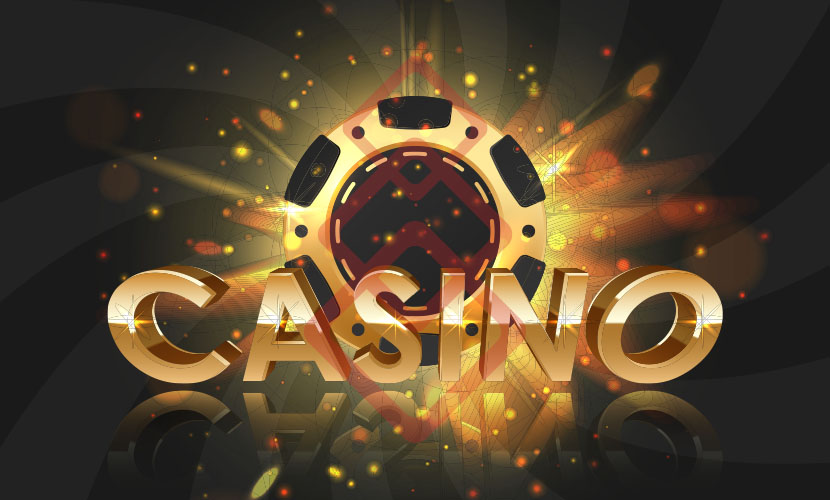
The History of Online Casinos
The journey of online casinos is a captivating narrative that combines technology, culture, and the universal desire for entertainment. As we delve into this history, we can see how the digital revolution has dramatically altered the landscape of gambling, essentially reshaping how people engage with games of chance and skill. For those looking to take a leap into the modern era of gambling, the The History of Online Casinos and Their Growth betwinner1 login offers a seamless entry point into this exciting world of virtual betting.
The Early Days of Gambling
The concept of gambling is ancient, with roots tracing back to various civilizations such as the Egyptians, Romans, and Greeks. Archaeological evidence suggests that dice, one of the oldest gambling tools, date back to at least 3000 BC. However, the first formal gambling establishments, like the lotteries and casinos that emerged in the 17th century, set the stage for the modern gambling industry.
The Rise of the Internet
The advent of the Internet in the late 20th century opened new doors for the gambling industry. In the early 1990s, the first online casinos began to appear. These early platforms provided the opportunity to gamble from the comfort of home, an alluring concept that would soon catch on. The first online casino, known as “InterCasino,” launched in 1996, allowing players to wager real money on various games via the Internet.
Legal Framework and Regulation
As online gambling started to gain traction, questions regarding its legality surfaced. Different countries began to establish laws to govern this burgeoning sector. The Unlawful Internet Gambling Enforcement Act (UIGEA) of 2006 in the United States marked a significant turning point, making it illegal for banks and financial institutions to process transactions related to online gambling. However, this did not deter the expansion of online casinos, as many operators continued to offer services to players around the globe.
The Technological Advancements
The development of software and improved Internet speeds greatly enhanced the online gambling experience. Early online casinos used basic graphics, resembling simple video games. As technology advanced, so did the gaming experience—Java and Flash technology allowed for more sophisticated graphics and animations. The introduction of mobile technology in the late 2000s further revolutionized online casinos by enabling players to gamble anywhere, anytime, through their smartphones and tablets.
Live Dealer Games

In the mid-2000s, live dealer games were introduced, bringing a new dimension to online casinos. These games feature real-life dealers streaming in real-time, offering players an authentic casino experience from their homes. The evolution of HD streaming technology facilitated this trend, allowing players to interact with dealers and other players via chat features, while enjoying games like blackjack, roulette, and baccarat in a live environment.
The Boom of Cryptocurrency
The late 2010s saw the introduction of cryptocurrencies, which began to play a pivotal role in the online gambling industry. Bitcoin, the first and most widely recognized cryptocurrency, offered players anonymity and security in financial transactions. This led to the rise of crypto casinos, which cater specifically to players who prefer using digital currencies for their gambling activities, further expanding the market.
The Impact of Mobile Gaming
With the proliferation of smartphones and mobile apps, online casinos have adapted by developing mobile-friendly platforms. Statistics indicate that a significant percentage of online gambling occurs via mobile devices, prompting operators to prioritize mobile compatibility. The evolution of mobile gaming has been critical in reaching new audiences, particularly younger generations who favor the convenience of playing on the go.
Responsible Gambling and Fair Play
As online casinos gained popularity, so did concerns regarding responsible gambling and fair play. Many casinos have implemented fair play mechanisms to guarantee that their games are not rigged. Additionally, organizations such as GamCare and BeGambleAware provide support for players who may develop gambling addictions. Responsible gambling measures, such as self-exclusion tools and deposit limits, have become standard features in the online casino industry.
Future Trends in Online Casinos
Today, the online casino industry is a multi-billion-dollar global market and continuously evolving. Technology trends such as virtual reality (VR) and augmented reality (AR) are expected to further change the gambling landscape, offering even more immersive experiences. Moreover, artificial intelligence will likely play a role in personalizing player experiences and enhancing customer service.
Conclusion
The history of online casinos is a testament to how technology can transform industries, offering unparalleled convenience and access. As we look forward to future innovations, it’s clear that online casinos will continue to evolve, reflecting both technological advancements and changing consumer preferences. The journey is far from over, and the thrill of online gaming is only beginning to unfold.